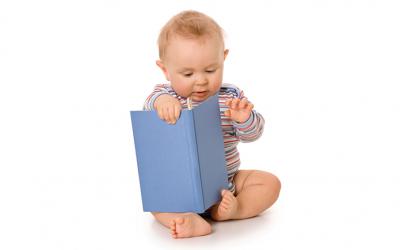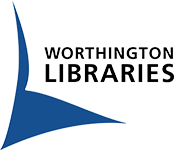Prepared by
Revised

Early literacy is what kids know about reading and writing before they can actually read and write.
You are your child's first teacher and preparing him or her to read can be easy and fun— whether you're at home or on the go!
Five of the best ways to prepare your child to read are talking, singing, reading, writing and playing.
Use this guide to learn more about these five early literacy practices and to get ideas for easy activities that you and your baby can enjoy throughout the day.
Talking
At home
Talk to your baby as you go about your day even if he can't respond with words yet ("We are making spaghetti for dinner! Yum!"). Encourage, listen, and respond to your baby's chatters and babbles as much as possible to boost language development.
On the go
Talk about what your child is doing wherever you are and describe what she is looking at, touching or playing with: "Do you see the kitty? She looks soft." When you talk with your baby, she is hearing the sounds of the languages you speak and learning what words mean as you point to and label things. Babies babble using the sounds they have heard!
Books
Singing
At home
Sing your baby a lullaby when you tuck him in for the night or make up a song to greet him in the morning. Hearing music and songs help your baby develop awareness of different sounds and exposes him to new vocabulary.
On the go
Sing to your baby as you drive around town. Put your own spin on classic favorites like "The Wheels on the Bus" or "Itsy Bitsy Spider" to help introduce new vocabulary and word sounds.
Books
Reading
At home
Set aside time during your day to read with your baby. Point to pictures and talk about what you are seeing and reading. This will help your child learn how books work, understand that pictures represent real things and encourage a love of books and reading.
On the go
Forgot to put a book in the diaper bag? No problem! Read whatever you see during your day to your child (street signs, grocery store labels or even posters at the doctor's office!) to improve your child's vocabulary when he starts talking.
Books
Writing
At home
As you play or eat meals together, help your baby develop the muscles in her hands by encouraging her to pick up crackers and cheerios, touch her nose and toes or grab and pick up toys. This will help her little hands get ready to turn pages and hold pencils and crayons.
On the go
Let your child draw in soft substances, such as sandboxes at the park or yogurt at mealtime! Even this simple activity will help strengthen eye-hand coordination, which will help with writing later on.
Books
Playing
At home
When you're playing with your baby, have fun making noises for different toys, like trucks, baby dolls or animals. Hearing different noises and experiencing various pitches, tones and volumes helps your baby develop the basics of language.
On the go
A simple game of peek-a-boo while grocery shopping can have a big impact. Playing helps babies become aware of their bodies, increases curiosity, develops a sense of humor and creates brain connections for future learning.


























